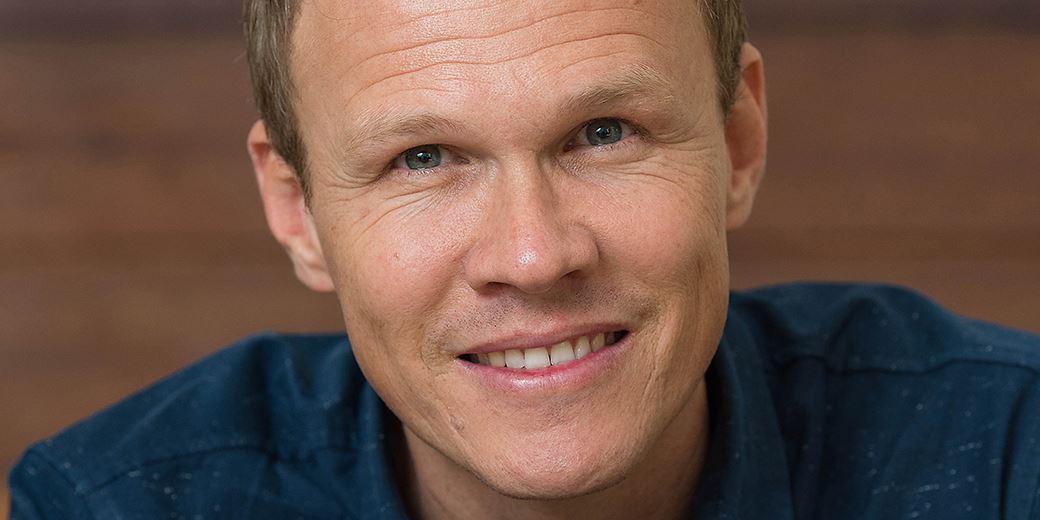The speed and strength of the post-Covid recovery has far outpaced expectations. However, the CIO at Marriott Investment Managers, Duggan Matthews (pictured), believes that investors should consider the possibility that this may be true of the entire cycle.

‘We think we’re rapidly shifting through the gears of this cycle,’ Matthews told Citywire South Africa in an interview. ‘It seems to be squeezed from our perspective.’
The first reason for this is that the economic impact of Covid was incredibly far-reaching. According to World Bank research, 90% of countries experienced negative per capita GDP growth during the crisis.
No event in the past 120 years has been that pervasive. During the global financial crisis, by way of comparison, 60% of countries went backwards.
The second reason is the massive amounts of stimulus introduced into the global economy. This has had an immediate impact, but that may erode quite quickly.
‘I think everyone was hoping for a longer cyclical recovery – that we could keep that high level of growth going for a protracted period of time with stimulus and low interest rates,’ Matthews said. ‘But I think the price of all that stimulus up front is what we are seeing in inflation and debt. And those are counter-balancing forces that have understandably emerged. Nothing comes for free.’
Defensive approach
In his view, this means that what has worked for investors in 2020 and 2021 may very well not work in 2022.
‘We’ve had a very strong cyclical recovery and risk-on type mindset,’ Matthews said. ‘You have seen that in the prices of things like bitcoin and long-duration equities. But that’s changing, and we think that resilient, quality businesses, in relatively defensive industries like consumer staples and healthcare, will have a big role to play.’
With global growth slowing, these companies, with reliable and growing dividend streams, should once again prove their worth, he said.
‘The rebound has been strong, but we think we’re going to start slowing down reasonably quickly now. What’s happening in Ukraine adds to that narrative – hurting confidence and being negative for growth longer term.
‘This is a phase where good, established companies that aren’t reliant on favourable conditions to increase profitability are going to play an important role in portfolios.’
To some extent, this mirrors the environment before Covid-19, where there were persistent concerns about growth.
‘If you agree with the sentiment that things are going to get quite a lot tougher quite quickly, it makes sense to go to companies with secular growth trends behind them. There is no longer a rising tide lifting all boats. It’s going to be themes and quality. That was very much a feature pre-Covid that will come through again.’
‘The toothpaste for business’
Traditionally, these have been companies like Nestlé, Johnson & Johnson and Diageo. However, Marriott is also looking at selected tech companies with specific profiles.
‘We consider Microsoft a great dividend payer – it provides almost the toothpaste for business,’ Matthews said. ‘Over time, we have broadened the definition of what is essential, predictable and reliable. We like timeless business models that will continue to be relevant and produce reliable profitability and dividend growth.
‘Equinix would be another. It’s the largest data centre provider in the world, providing infrastructure for the cloud. We think that’s a very predictable way of benefitting from the explosion in data and data usage. It’s a business in the tech space, but with one of the most stable earnings growth profiles on the S&P 500.’
These are the sorts of stocks that Matthews believes will stand up best in a high inflation, low growth environment.
‘Dividend investing, for us, is about the certainty of outcome through changing financial conditions, which are very difficult to predict,’ he said. ‘We want to invest in businesses that can produce consistently through the cycle. We want to know that whatever happens economically, geopolitically, or with interest rates, we can still see those businesses growing earnings and producing solid long-term outcomes.’
Over the past two years, the Marriott First World Equity feeder fund has delivered an annualised return of 10.5%. That is below the average for funds in the global equity category of 13.2%.
However, in the difficult environment of 2018, the fund was up 5.8%, when the peer average was just 1.5%. That placed it comfortably top quartile for the year.
